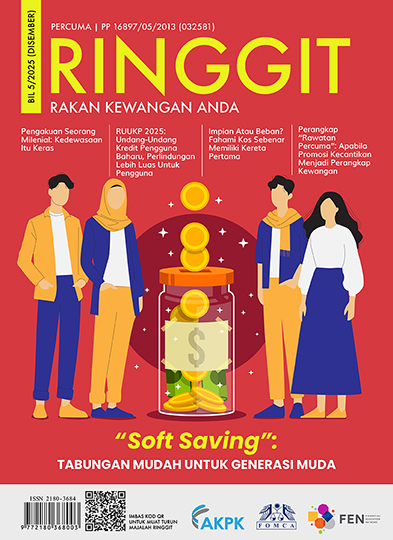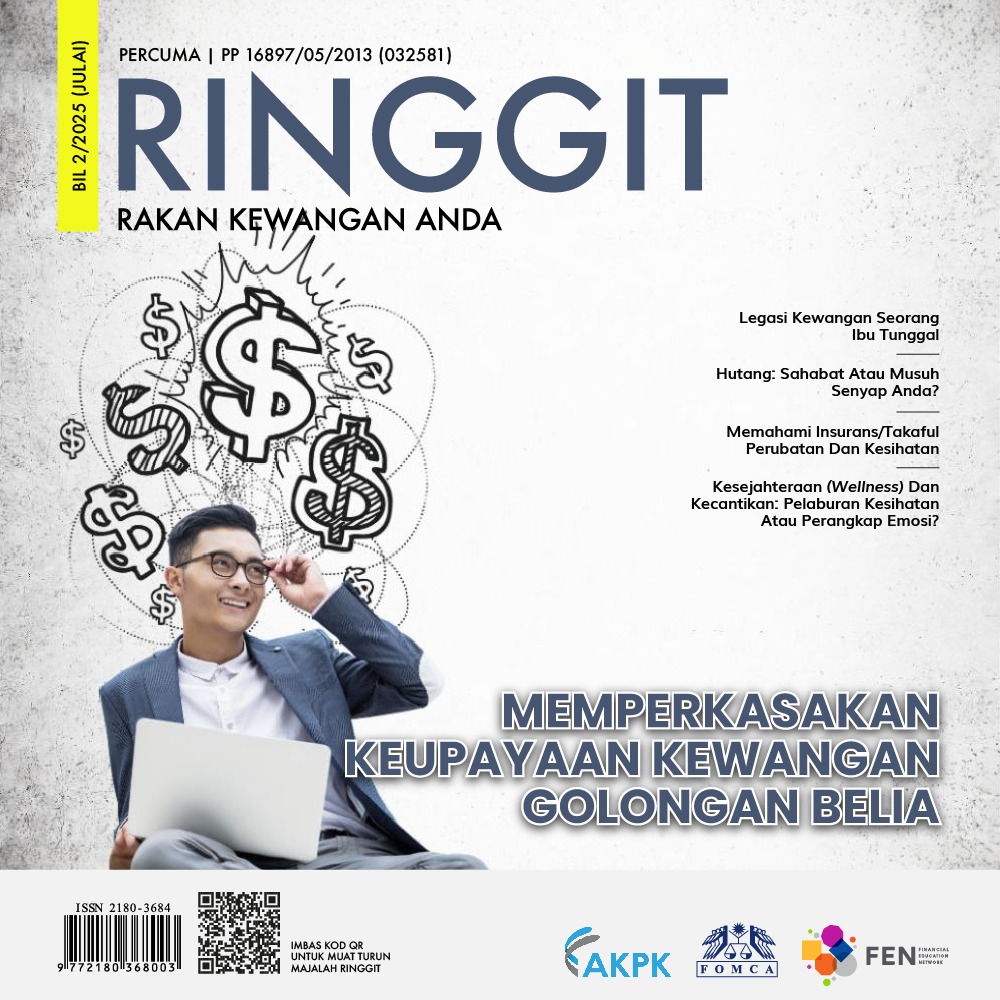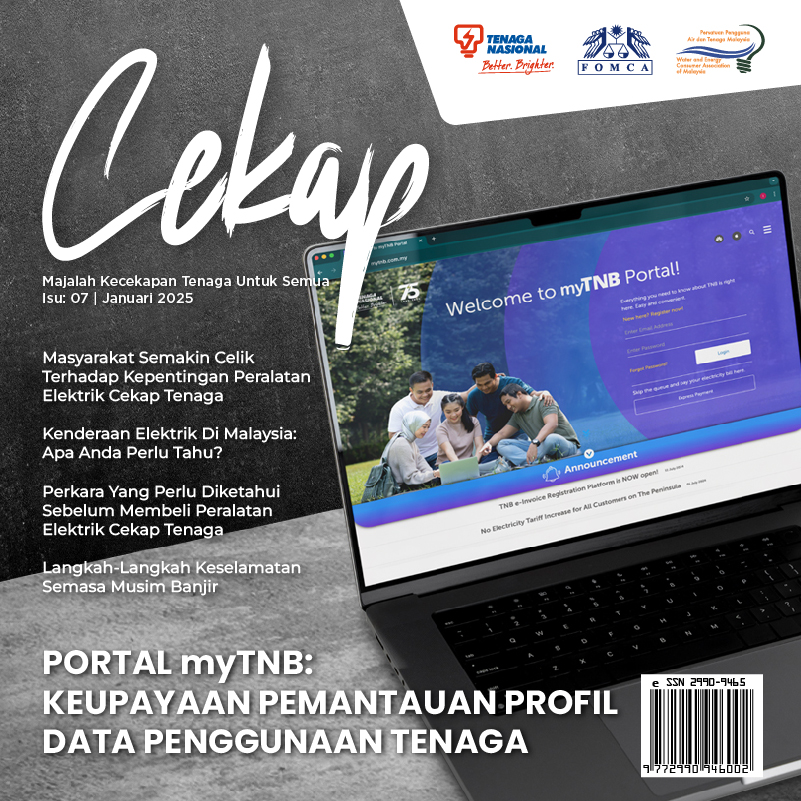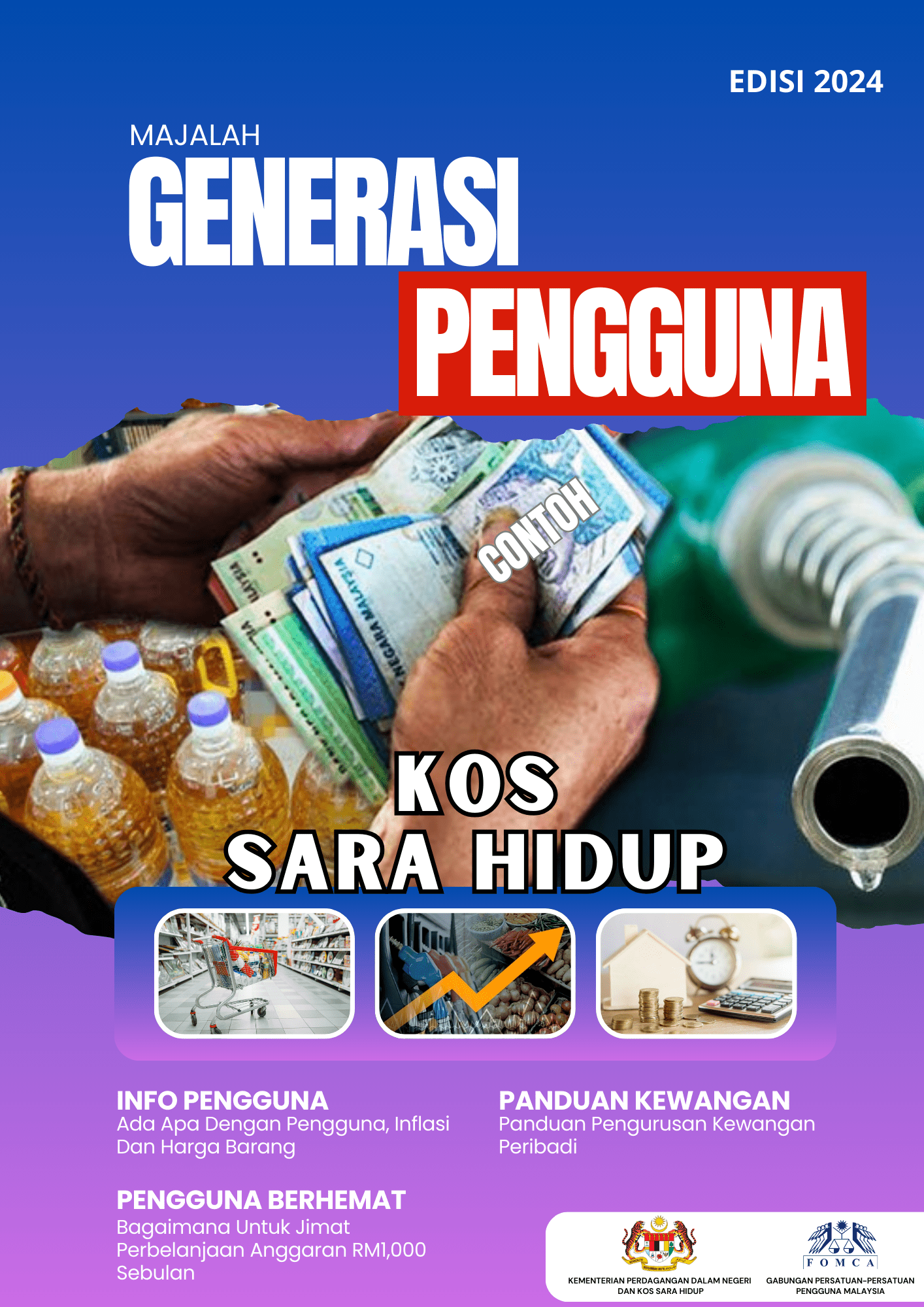PRESS RELEASE: WORLD CONSUMER RIGHTS DAY 2025 CELEBRATION EMPHASIZES JUST TRANSITION TO SUSTAINABLE LIFESTYLES
The Federation of Malaysian Consumers Associations (FOMCA) organized the Official Launch of World Consumer Rights Day 2025 at SMK Cheras Jaya on March 17, 2025, which was officiated by Yang Berusaha Encik Mohd Zaid Bin Idris, Director of the Consumer Movement Division from the Ministry of Domestic Trade and Cost of Living (KPDN). The event was attended by various stakeholders, including Yang Berbahagia Prof Emeritus Datuk Dr. Marimuthu Nadason, President of FOMCA and Consumers International, Head of KPDN Kajang Branch, the Selangor State Education Department, The District Education Office of Hulu Langat, Tenaga Nasional Berhad, teachers, students, and staff from SMK Cheras Jaya, as well as media representatives.
FOMCA chose to hold this year’s World Consumer Rights Day celebration at school to provide an opportunity for students, teachers, and the school community to understand the importance of sustainable consumption. With heightened awareness, it is hoped that the community will collectively take steps to strengthen efforts towards a just transition to a sustainable lifestyle.
FOMCA emphasized that the increasingly extreme climate change and its negative effects on food security, biodiversity loss, and environmental pollution require serious attention from all parties. This crisis not only impacts the environment but also the economy and society, hindering the achievement of the Sustainable Development Goals (SDGs).
This year's theme, "A Just Transition to Sustainable Lifestyles," focuses on encouraging society to adopt a more environmentally friendly lifestyle in a fair, inclusive, and sustainable manner. The concept highlights several key elements:
- Sustainable Lifestyles:
- Reducing excessive consumption of resources such as energy, water, and plastic.
- Promoting the use of more eco-friendly and recyclable products.
- Supporting the circular economy by reducing waste and extending the lifespan of products.
- Encouraging healthier and more environmentally friendly diets, such as reducing food waste and supporting sustainable agriculture.
- A Just Transition:
- Ensuring that the transition to sustainable lifestyles does not burden low-income groups.
- Providing equitable access to sustainable resources such as renewable energy, eco-friendly public transportation, and affordable healthy food.
- Supporting green jobs and ensuring that workers in affected industries (e.g., fossil fuel industries) have alternative employment opportunities in the green sector.
- Avoiding social gaps by ensuring all layers of society, including rural and vulnerable groups, benefit from this transition.
- Consumer and Community Action:
- Providing consumers with easier and affordable choices to make sustainable decisions.
- Increasing education and awareness about the impact of consumption on the environment and social well-being.
- Encouraging collaboration between the government, companies, and society to provide infrastructure and incentives to support sustainable practices.
Examples of A Just Transition to Sustainable Lifestyles:
- Energy Use: Increasing access to renewable energy sources such as solar and wind, especially for rural communities, without burdening them with additional costs.
- Transportation: Ensuring efficient, comfortable, and affordable public transportation so more people can reduce their use of private vehicles that pollute the environment.
- Food: Ensuring that healthy foods, such as organic vegetables, are easily accessible at affordable prices.
- Waste Disposal: Encouraging recycling by providing a more efficient and effective waste collection system.
Any policy changes related to the transition towards a sustainable lifestyle must be implemented justly to ensure that every individual, regardless of economic status or location, can benefit without undue burden. This is not only important for environmental well-being but also to ensure social and economic balance in society.
Therefore, FOMCA urges consumers to play a more active role in adopting sustainable lifestyles through choices related to food, transportation, energy use, and the selection of eco-friendly products and services.
PROF EMERITUS DATUK DR. MARIMUTHU NADASON
President

























